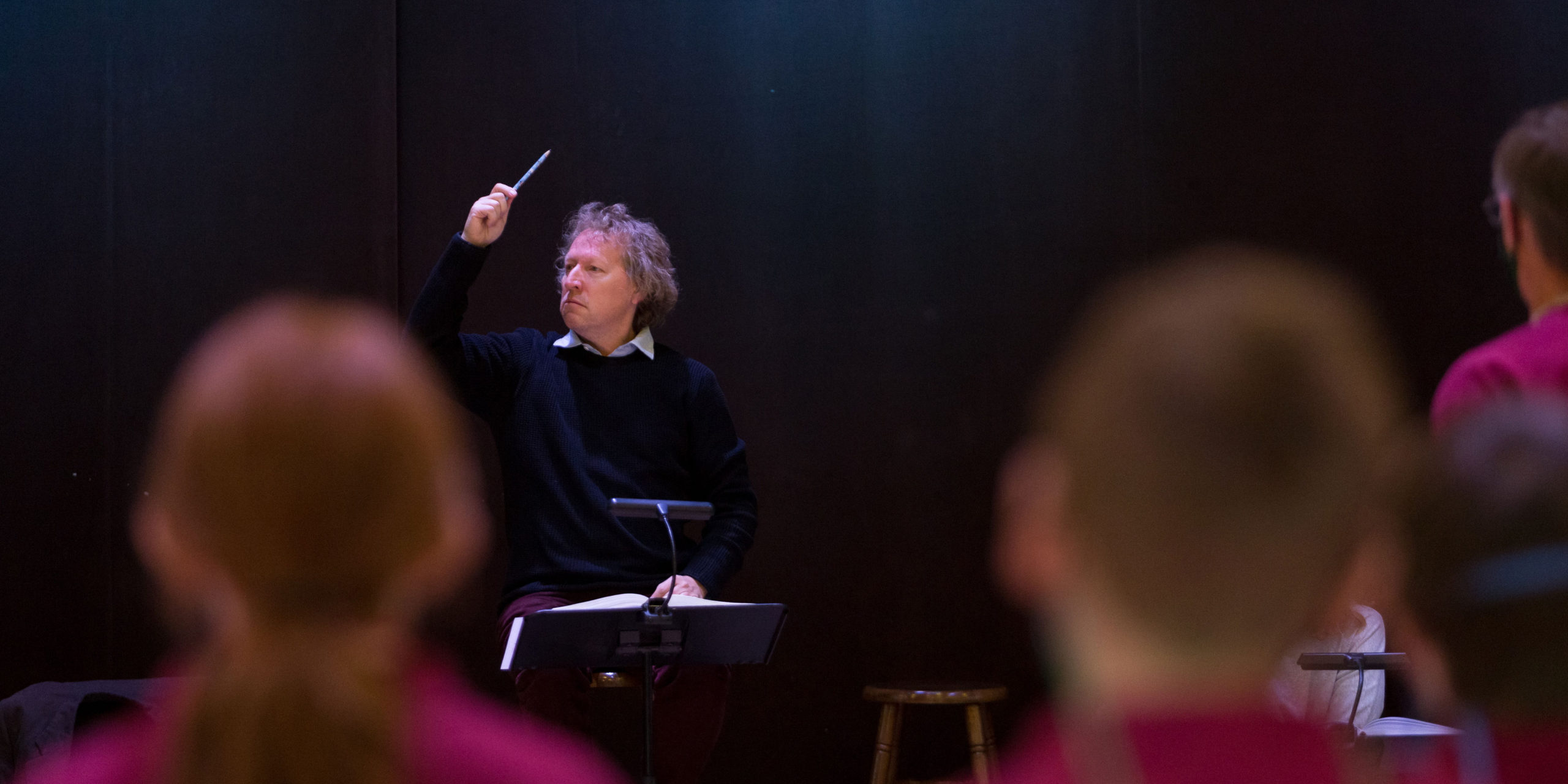Tosca 101 – Musical Themes

Photo: Opera Colorado/Jamie Kraus
By: Betsy Schwarm
Vibrant, compelling, and unforgettable: that’s Tosca (1900) by Giacomo Puccini (1858–1924). It’s also true of the play La Tosca (1887) by Victorien Sardou (1831–1908). Sardou wrote it especially for legendary actress Sarah Bernhardt (1844–1923), who brought the charismatic title character to life. Upon seeing her magnetic performance in Milan, Puccini knew it had to become an opera. After clearing years of hurdles to acquire the rights, he set to work. Puccini recruited Luigi Illica (1857–1919) and Giuseppe Giacosa (1847–1906), the librettists for La bohéme, to shape a singable opera libretto with believable characters who come to life through Puccini’s music.
Interested in learning more about Tosca‘s plot, setting, and the scenery used in Opera Colorado’s 2021 production? Check out the first two installments of Tosca 101:
Intro to the Musical Themes of Tosca
In Tosca, Puccini created melodic themes to help the audience connect characters and scenes throughout the opera. Tosca’s first entrance even establishes one of these themes. As Tosca calls her lover’s name from offstage, “Mario,” she sings the notes of their recurring love theme. Sometimes soothing, at other times agitated, the theme mirrors Tosca’s mercurial moods. Other musical elements highlight the high drama of this thriller. Act three opens with triumphant French horn phrases, which the lovers soon repeat. They sing rapturously of their plans to escape. This theme helps us believe freedom awaits the lovers, making the following turn of events even more devastating.
Other themes used by Puccini are musical echoes of reality. During the act one “Te Deum,” the evil Scarpia sings a vengeful monologue as a religious procession passes by. Puccini contacted a priest he knew in Rome to bring realism to the moment by obtaining the correct Roman version of the “Te Deum.” As a former church organist, Puccini knew this hymn varied by region. He also located an expert in church bells to identify the pitches of the bells rung for early Matins services and the pitch of the largest bell at St. Peter’s (answer: E below the bass staff). The predawn prelude to act three reveals the evocative results of his research. Even the shepherd boy’s song heard in the distance during the scene is an actual folk melody.
The Emotional Weight of Puccini’s Themes
Puccini knows how to use his music to pull at our heartstrings. In Tosca’s closing moments, he brings back the theme from Mario’s yearning act three aria as Tosca takes her own life. Some critics have asked why Tosca’s death would be underscored by a melody she has never heard within the opera. Yet Puccini’s intentions are clear. The original text to the phrase is, “My dream of love has vanished forever.” Mario sang those words while convinced he would die without being reunited with his beloved. Now he lies lifeless, and it is Tosca who must face the passing of their dream. Whether or not Tosca heard the music, the sentiment rings true.
Tosca premiered in Rome on January 14, 1900. Both place and date reflect the tale itself: the opera takes place in specific locations in Rome, and the Napoleonic Battle of Marengo (June 14, 1800) is mentioned. It is a politically charged story directly tied to that time in history. However, the notion of honest civilians falling into the clutches of a corrupt official is a timeless plot.
At the premiere, audiences found it extraordinarily moving, but critics declared it too violent. In the years since the audience’s view has triumphed. In Tosca, music and words work together to bring these characters to life, and along the way, one may find some striking universal truths. An engrossing production and top-drawer performances bring it all home.
Program notes by Betsy Schwarm, author of the Classical Music Insights series.
If you loved learning about the musical themes throughout Puccini’s Tosca, you deserve to hear them live and in person! Tickets for Opera Colorado’s November production of Puccini’s Tosca are on sale now>>
—
Which themes are your favorite in Tosca? Is there a theme you hear throughout the opera that we missed?


